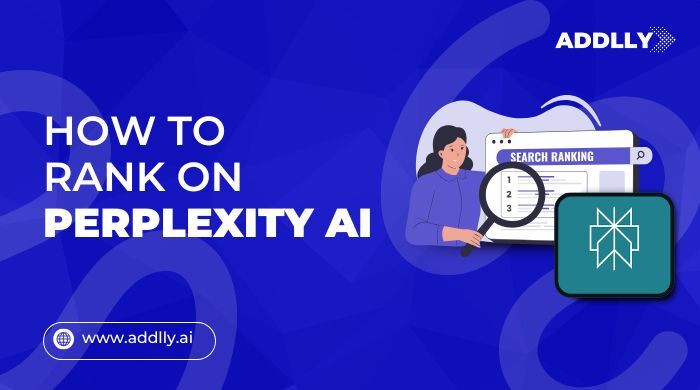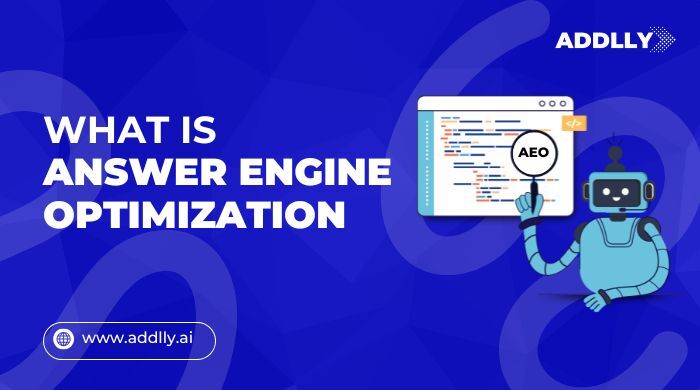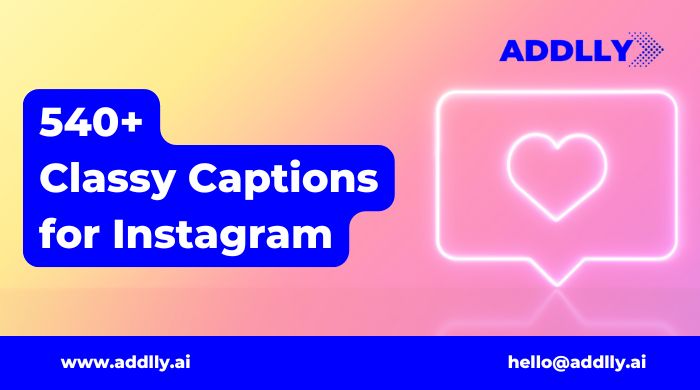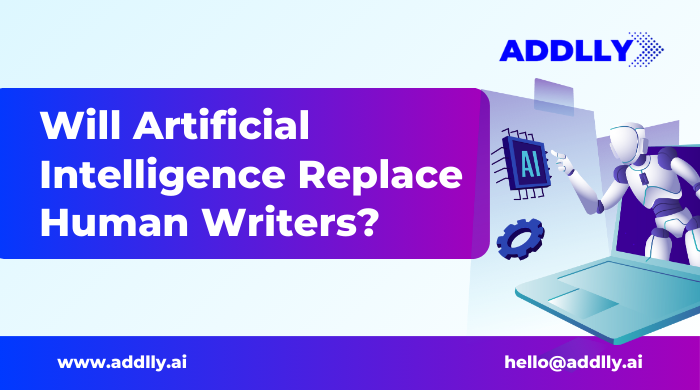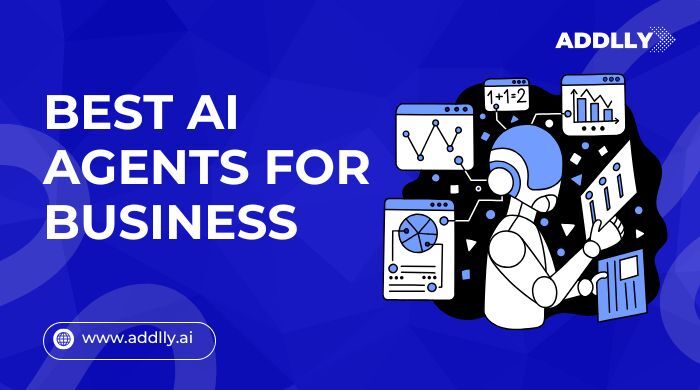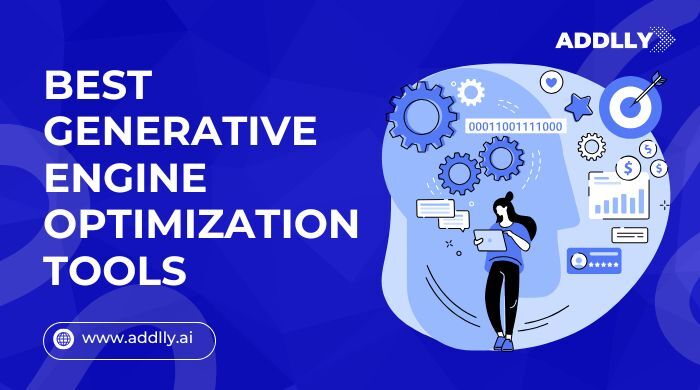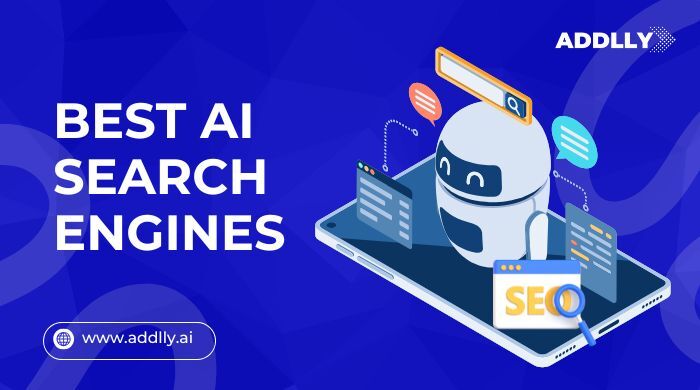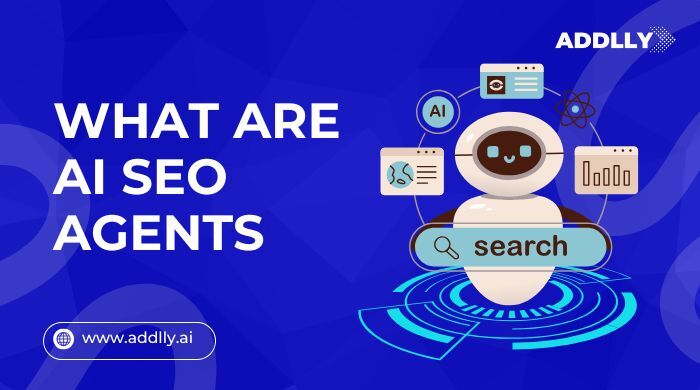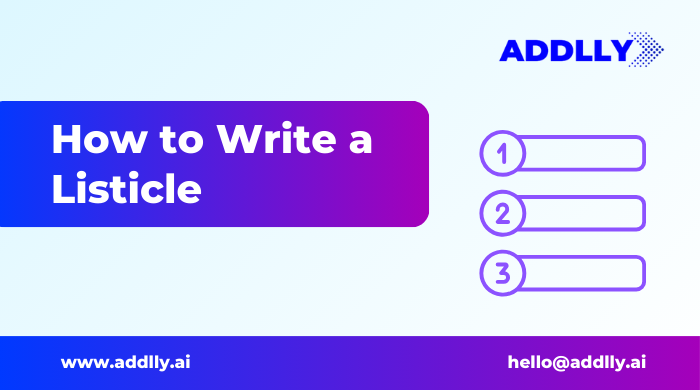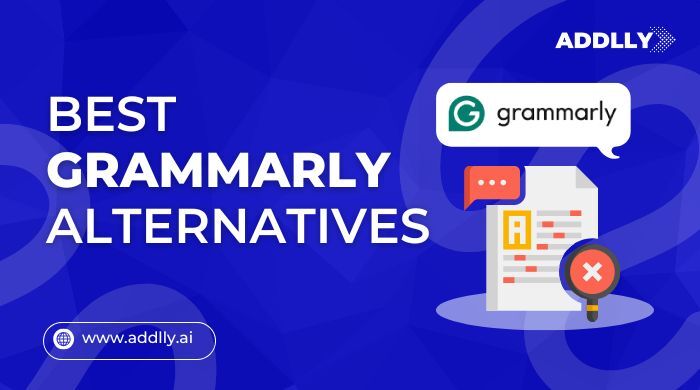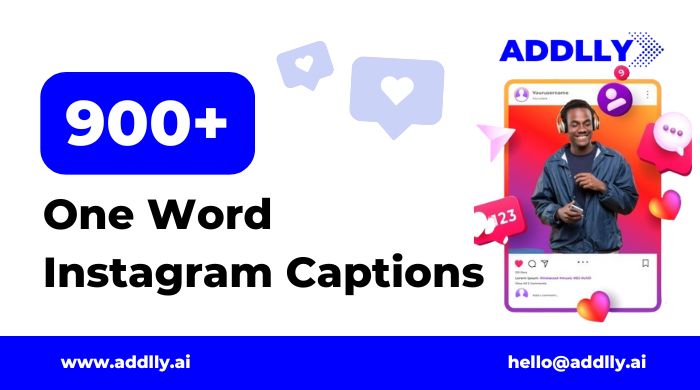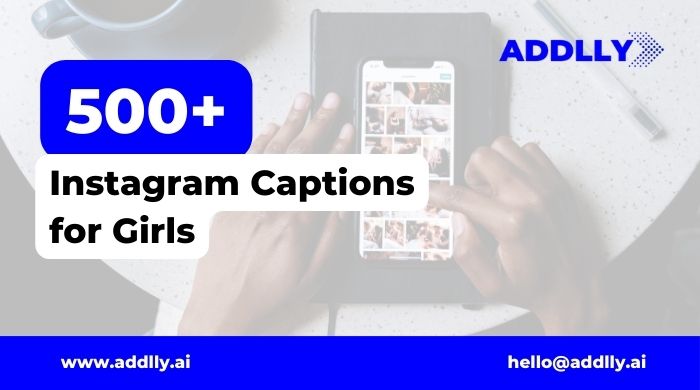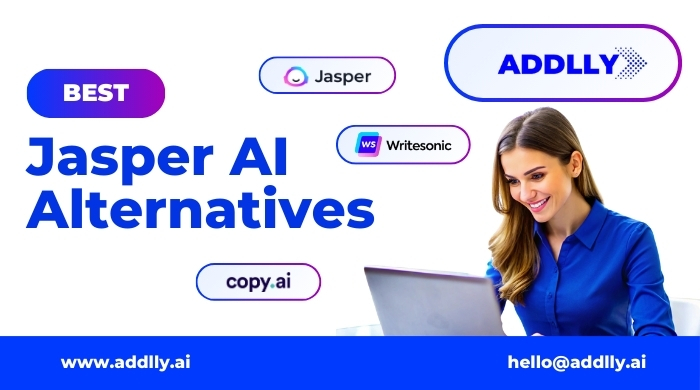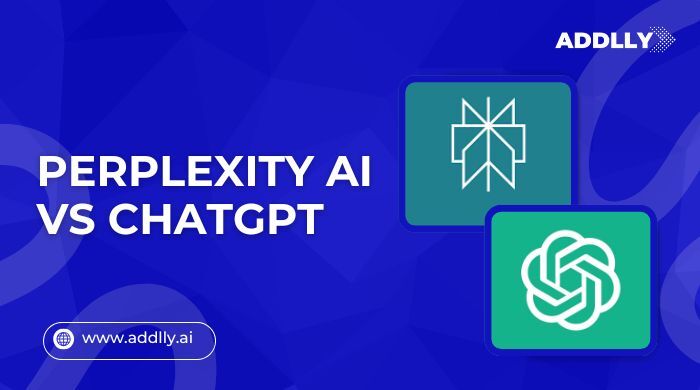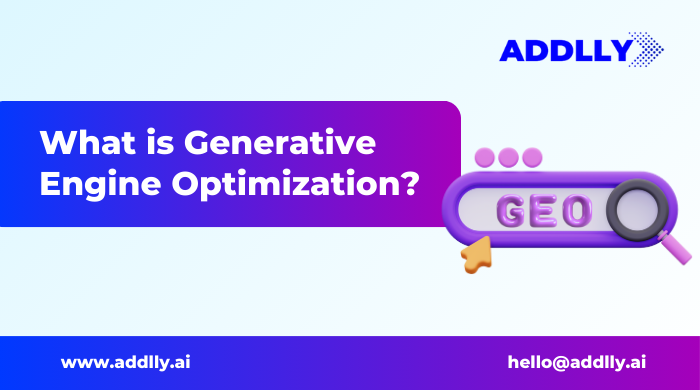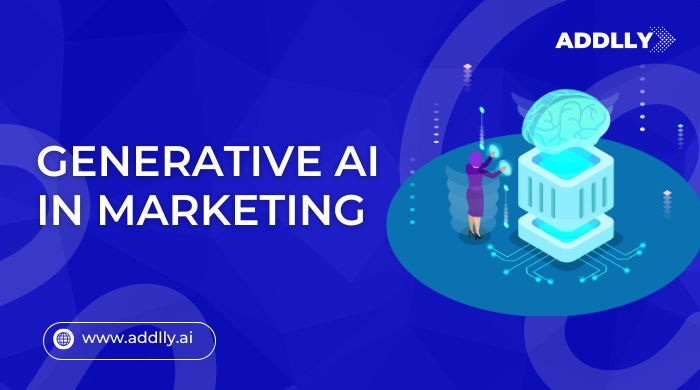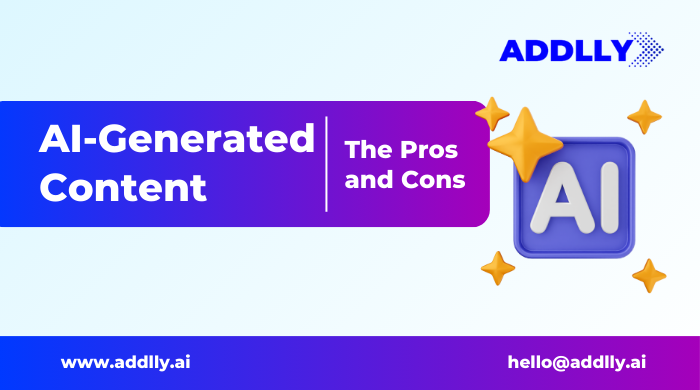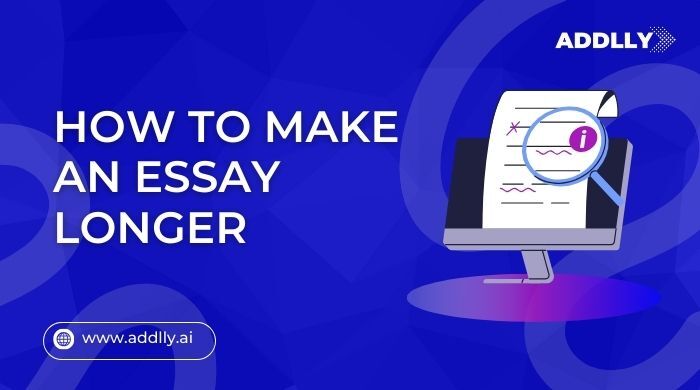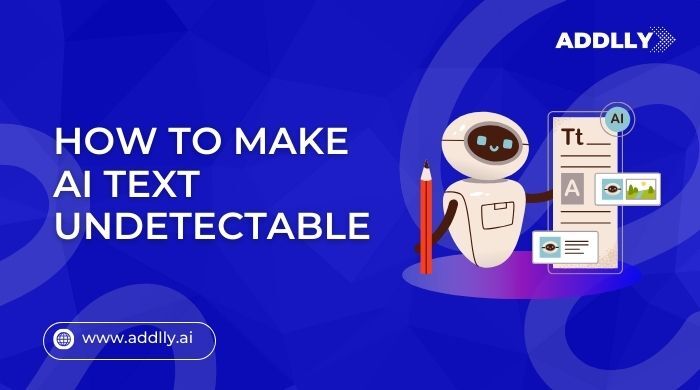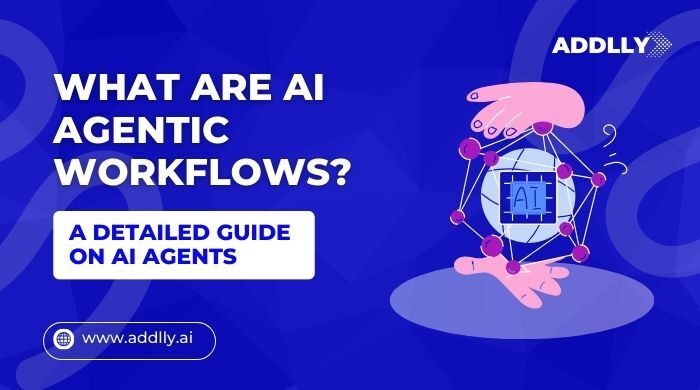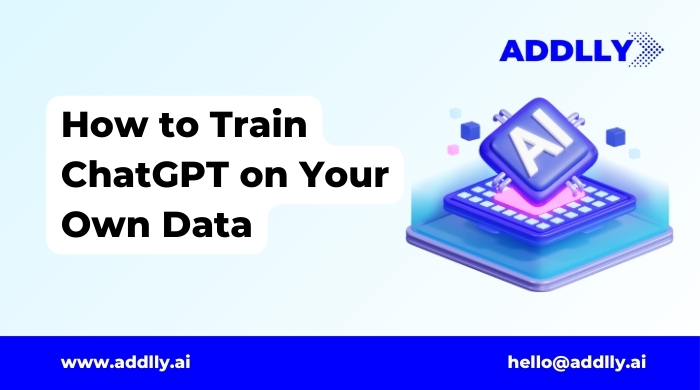Blog
Learn expert strategies and actionable tips on our blog to boost your content marketing, optimize your SEO, and enhance your social media presence with AI.
Are you ready to discover how to rank on Perplexity AI and boost your visibility across answer engines? As people are shifting from traditional search engines like Google searches to...
Answer engine optimization is now important for brands looking to get mentioned on Google AI Overviews, ChatGPT, and Perplexity AI. In 2025, search engines and answer engines focus on delivering...
Classy captions for Instagram are the perfect way to make your posts stand out in 2025. A great caption not only adds personality to your photos but also connects with...
Artificial Intelligence (AI) has quickly made its way into countless industries, shaking up the status quo with its impressive capabilities. Content creation is no exception. AI tools like OpenAI’s ChatGPT...
Finding the best AI agents for business in 2025 can help companies streamline their work and improve outcomes. These AI tools use natural language processing, machine learning, and other AI...
Generative engine optimization tools are changing how brands show up in AI search engines like ChatGPT, Perplexity, and Google Gemini. These tools help businesses stay visible when AI answers user...
What is a website title, and why does it matter so much in search engine optimization? Your website title (often called the title tag) is the first thing people see...
AI search engines are changing how we find information online. In 2025, the best AI search engine options are helping users go beyond traditional search engines. Instead of clicking through...
SEO is no longer just about keywords and backlinks. Enter SEO AI agents. These smart systems help businesses manage keyword research, content optimization, and other search engine optimization tasks with...
How to write a listicle is a common question for marketers, writers, and bloggers. A strong listicle can attract traffic, engage readers, and improve rankings on search engines. In this...
Writing clearly and confidently is easier when you have the right tool. That’s why many are now searching for Grammarly alternatives in 2025. Whether you’re a student, marketer, or business...
Learning how to build an AI agent from scratch in 2025 is easier than you might think. With the right tools and clear instructions, you can create your first AI...
Ever wondered how to make ChatGPT sound more human while using it for blog posts, content creation, or AI-generated text? Today, we’ll break down how to turn AI-generated content into...
Creating the perfect Instagram bio is the key to creating a memorable first impression on your Instagram profile. A well-thought-out bio not only tells your story but also encourages visitors...
Looking for one word Instagram captions for your next Instagram post? You’re in the right place. This blog brings you the best and freshest one word Instagram captions to boost...
In 2025, finding the perfect Instagram captions for girls can be a game-changer for your social media presence. Whether you’re looking for the best, cute, or attitude-filled captions, we’ve got...
Vanish Mode on Instagram lets users send temporary messages that disappear after the chat ends. But many users want to switch back to normal mode for message safety or comfort....
If you’re looking for the best Jasper AI alternatives, you’re not alone. Many businesses, creators, and marketing teams are shifting to smarter, faster, and more flexible AI writing tools. While...
When doing a Perplexity AI vs ChatGPT comparison, many users wonder which one offers better value, accurate answers, and smarter features in 2025. Both Perplexity and ChatGPT are powerful AI...
In 2025, the debate around Claude vs ChatGPT is more relevant than ever. These two powerful AI assistants are changing how we work, write, code, and even create visuals. Whether...
In 2025, generative engine optimization is becoming one of the most talked thing in SEO. As search engines shift toward ai driven search engines, marketers are looking for smarter ways...
Generative AI in marketing is changing how brands connect with people. From automating content creation to building smart AI tools, this shift is real and fast. Businesses now save time,...
AI-generated content is changing how businesses create content in 2025. From writing blog articles to producing product descriptions, brands use AI tools to scale their content fast. These tools are...
If you’re wondering how to make an essay longer without adding fluff, you’re in the right place. Whether you’re aiming to meet the desired word count or trying to stretch...
AI generated text is becoming more common, but making it look like human writing is a challenge. Many AI detection tools can easily spot machine-written content, which can affect SEO...
Marketers are under constant pressure to create high-quality, personalized content faster than ever. But with endless tasks piling up, how can businesses keep up without burning out? The answer lies...
If you have landed on this article looking for an answer for your question “How Reliable Are AI Detectors?” then you are going to find your answer in this article....
Finding the best AI tool for writing SEO rich blog content is important for businesses and marketers who are looking to improve their search engine rankings and get more organic...
AI agentic workflows are a revolutionary approach to automating complex tasks and enhancing operational efficiency. By using artificial intelligence (AI) and large language models (LLMs), agentic workflows enable organizations to...
Want to know how to train ChatGPT on your own data to make it smarter for your business? Preparing a custom chatgpt can help you create an AI agent that...
